A brief history of Dinkelsbuhl
Yes, there was a Mr Dinkelsbuhl, a theologian during the 14-15th centuries, responsible for the Munster St. George, a Gothic parish church in the city. The outside wall of Munster St. George has a slab inscribed in memory of Nikolaus Von Dinkelsbuhl.
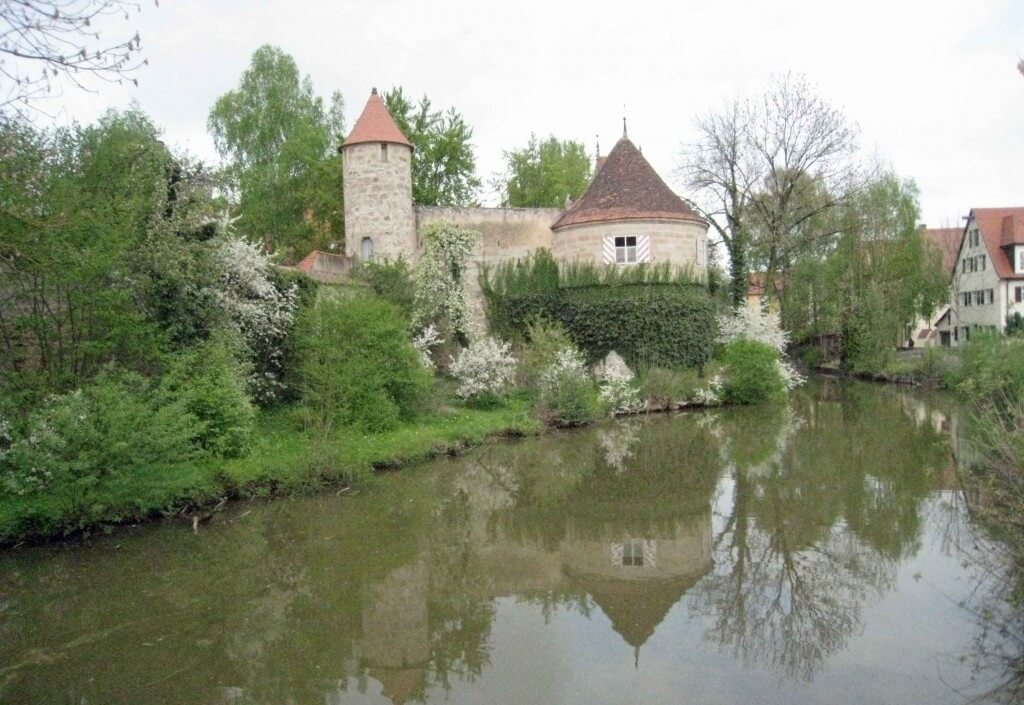
Dinkelsbuhl – View of Debtors’ Prison and Park Caretaker’s Lodge both part of medieval fortifications of city wall.
Dinkelsbuhl dates back to the middle ages the town founded before 1083. It became an Imperial Free City in 1351. In 1323 the medieval city is given cloth measuring privileges. Trade in woolen cloth and the blacksmith’s craft are the back bone of the city’s prosperity in medieval times. Like Rothenburg, Dinkelsbuhl is spared from destruction during the 30 year war; on this occasion because of the children. This historic event is celebrated by a festival known as “Die Kindeerzeche”.
Charms of an ancient medieval city
The approach to Dinkelsbuhl is very picturesque with view of the Debtors’ Prison and Park Caretaker’s Lodge across the pond. Dinkelsbuhl epitomizes all the old world charm of an ancient medieval city. There are no less than sixteen towers incorporated into the fortifications of the ancient city wall.
Medieval torture chambers and fortifications
We entered through Rothenburg Gate (c1370), torture chambers and prison cells are on the second floor, tar holes are part of the medieval fortifications. The Rothenburg Gate is so named, as it is the direct exit to Rothenburg.
The oldest of the city’s four gates is the Wornitz, dating back to the reign of the Steifers 10-12th century. Wornitz Gate has been the main thoroughfare since 1814. After an introduction to Dinkelsbuhl from our guide, we set of to explore medieval Dinkelsbuhl, its towers and city wall fortifications.
Beautiful buildings in Dinkelsbuhl
We headed down Nordlinger Strabe past the Karmeliterkloster on the left, founded in 1290 by Carmelite friars from Wurzburg. The tower of Munster St George is on the right as we entered Marktplatz, the area known as the Wine Market.
In the Wine Market there are some buildings of note (c.1600), in particular a dark red building with dainty domed tower roof is the former Alderman’s Inn. Once a weighing house where important persons such as Emperor Karl V(1546) and King Gustav Adolf of Sweden (1632) stayed. The green building next door is a Patrician’s house with stepped gable.
The next building is “Deutsche Hause” and is known for its beautiful half-timbered design work, a late Renaissance facade and decorative statues (c1440). Bacchus, the god of wine and frivolity sits over the openings for the hoist.
Hidden Passageways in medieval times
There is a hidden passageway (a feature of medieval times) to find the entrance into St George’s Munster. St George’s Munster is a masterpiece of the late 15th century Gothic style. Eleven soaring columns support an impressive vaulted roof with an intricate pattern of stars. It has wide isles and beautifully carved wooden pews.
The High Alter (1892) and Shrine depicting crucifixion scene c.1490, is a beautiful piece of religious artwork. The main organ is recent by comparison, founded in 1997 by Austrian organ builder Reiger Construction. A huge, handsome instrument, 14 meters high, perhaps slightly overpowering in this ancient medieval church.
It was cold inside the church, so nice to return to the sunshine outside. In front of the Minster is a monument to Christoph von Schmid (1768-1854), a 19th century writer of stories for the young.
There were many interesting medieval building to see in Dinkelbuhl, old Town Hall (Stone House) 1361, Hezelhof 16th century building with three-story wooden gallery, the Almshouse and so many towers, all part of the fortifications of the city wall. Just wandering the streets and wondering what was around the next corner was a pleasure. Dinkelsbuhl is beautiful medieval city to visit and enjoy.
Dinkelsbuhl provides a number of day and evening group tours (20 persons), a night-watchman’s tour, or something more relaxing, a trip through the town in a horse-drawn carriage.
Harburg Castle
Leaving Dinkelsbuhl we headed through the scenic countryside, past Nordlingen to Harburg for a brief stop to view Harburg Castle across the river. Harburg Castle dominates the hillside overlooking the Wormitz river and town. The castle built by the Hohenstaufen family before 1150, is one of the oldest and largest castle complexes in Southern Germany, and has massive walls and fortifications. Historically an important military stronghold during the reign of the Staufer- kings from 1070-1272.
More surprises in store along the Romantic Road……….
Related Posts:
- Rothenburg – a beautiful medieval town
- Romantic Road attractions Germany
- Romantic Road Frankfurt Germany
- Bavaria Germany Wurzburg – along the Romantic Road
- Traditional homes country Cambodia
- Temple of Ta Prohm Takeo
- A Mekong cruise on the mighty Mekong River
- Killing fields – Cambodia – a chilling experience
- Tuol Sleng Genocide Museum Phnom Penh Cambodia
- Lotus Blanc- Phnom Penh- Restaurant
- Artifacts – National Museum of Cambodia Phnom Penh
- Emerald Buddha Silver Pagoda Phnom Penh
- Royal Palace Throne Hall Phnom Penh
- Cambodia 2011 Phnom Penh city
- Snapshot of Cambodia Kampuchea
- Emperor Qin’s Terracotta Army-challenges and discoveries
- Terracotta Army|Emperor Qin
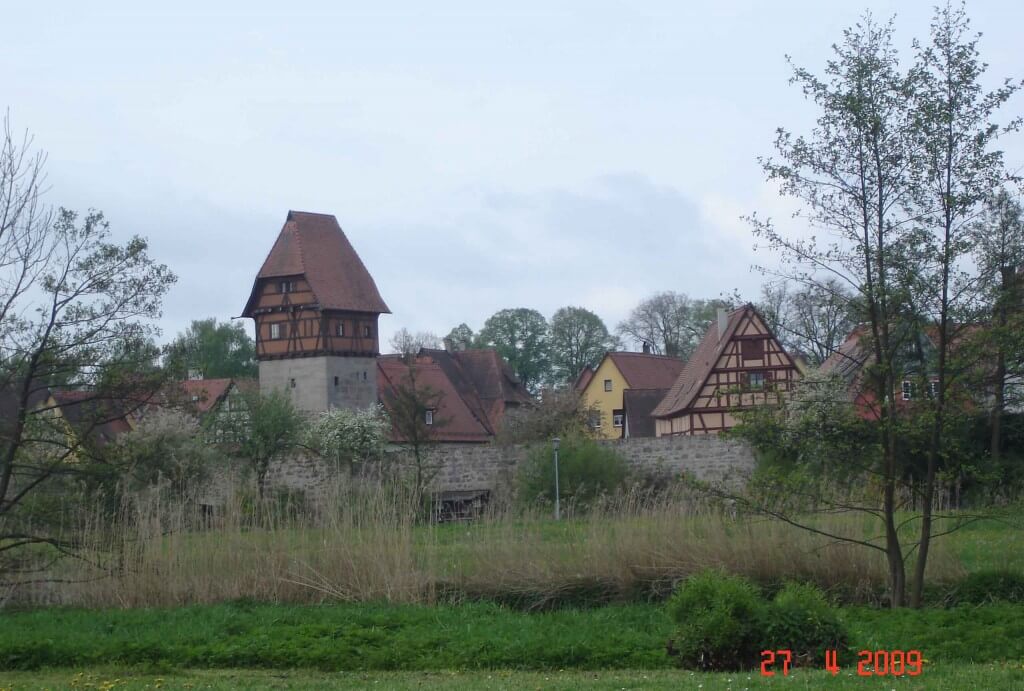
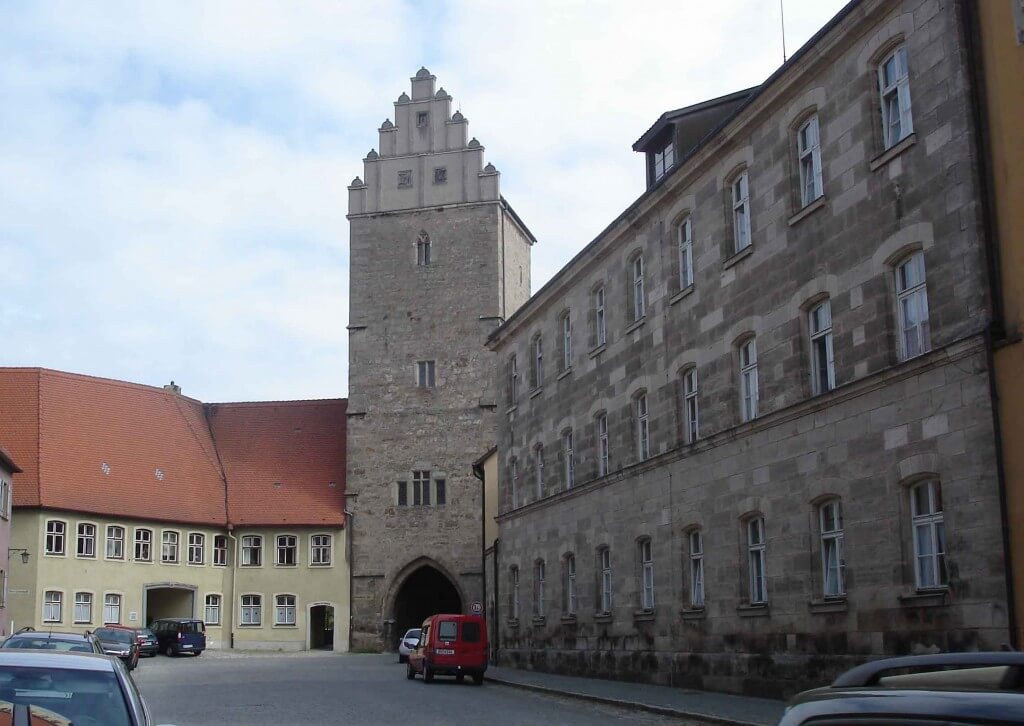
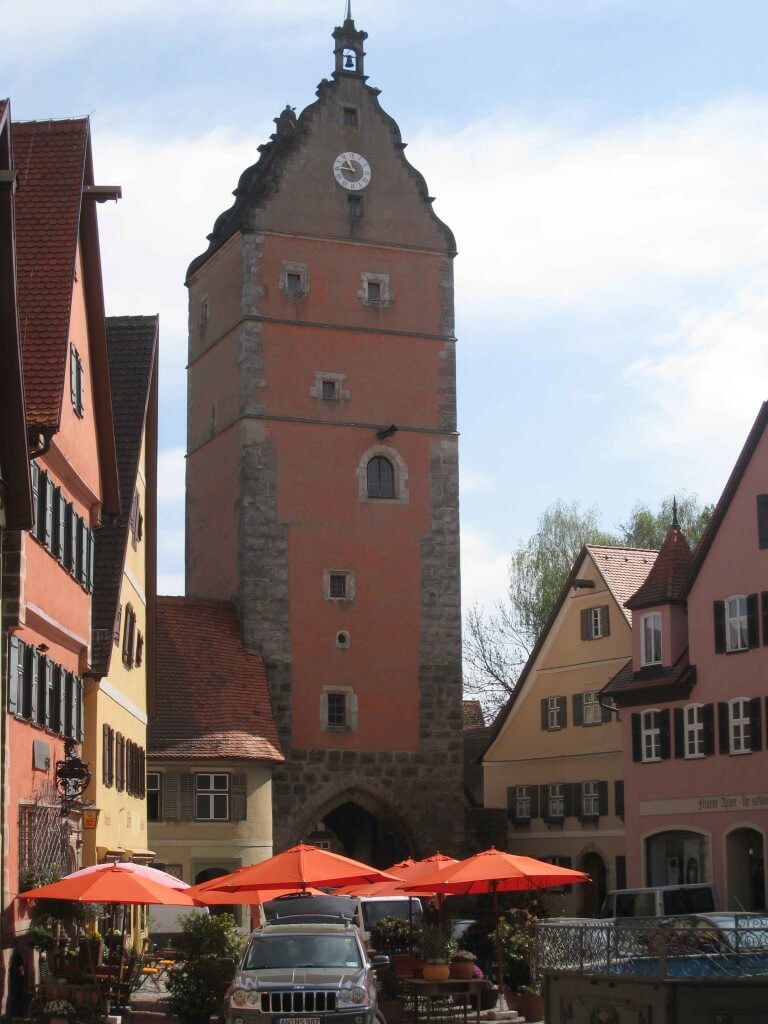
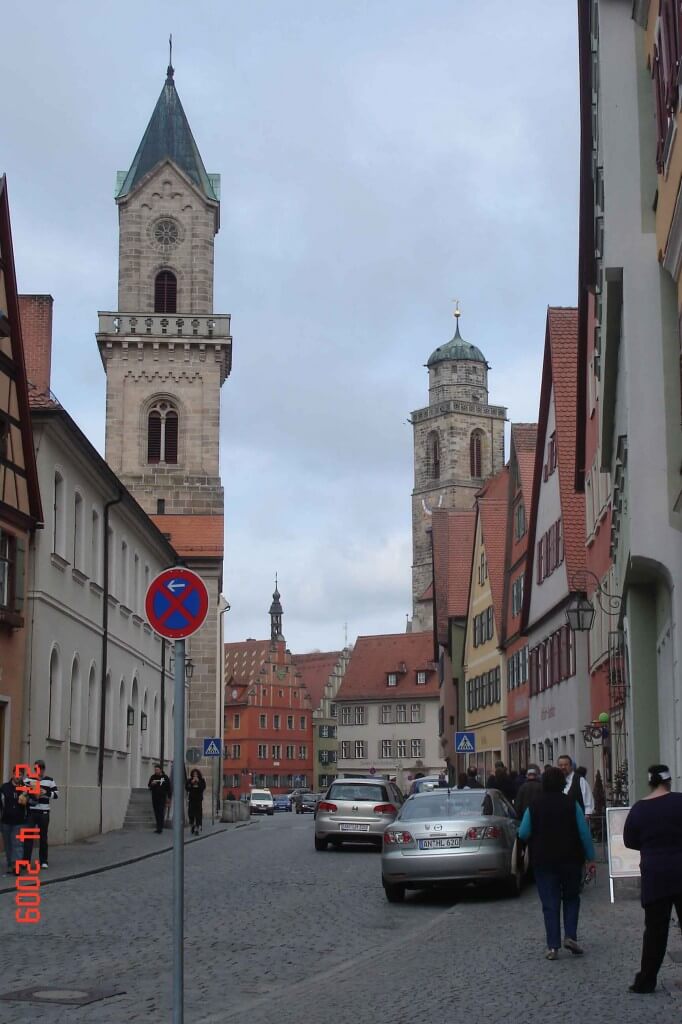
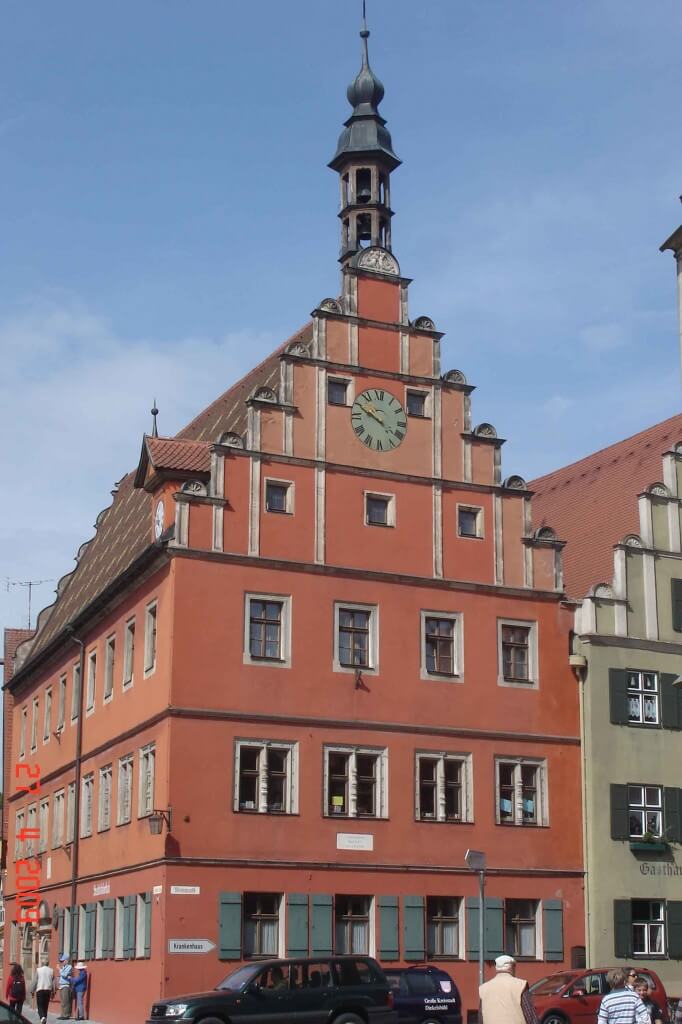
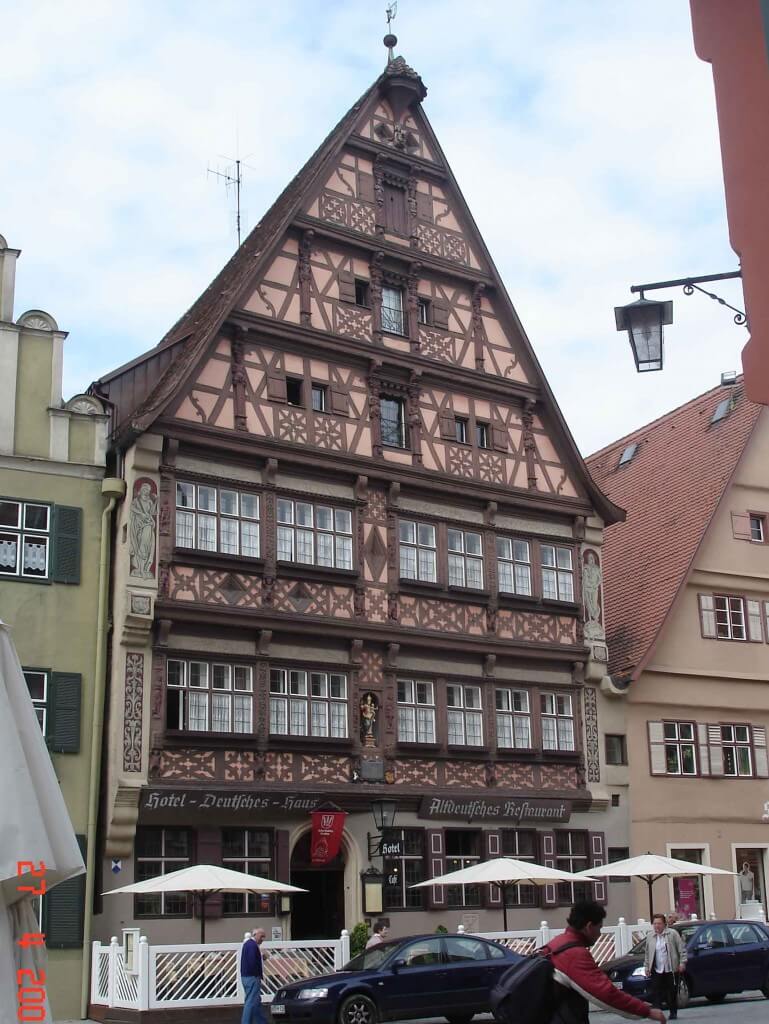
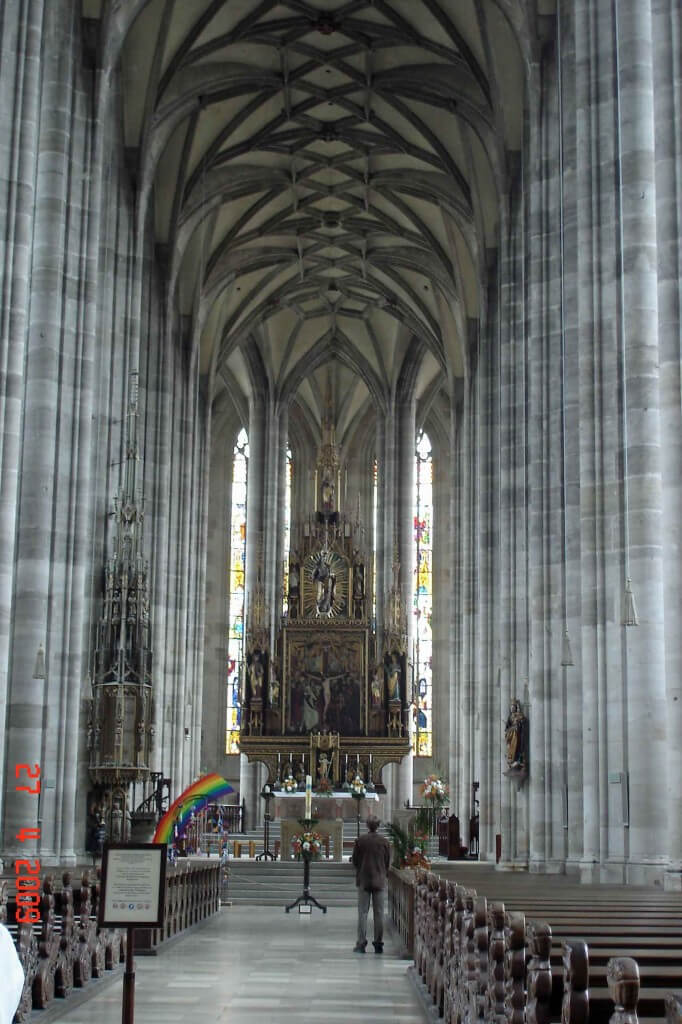
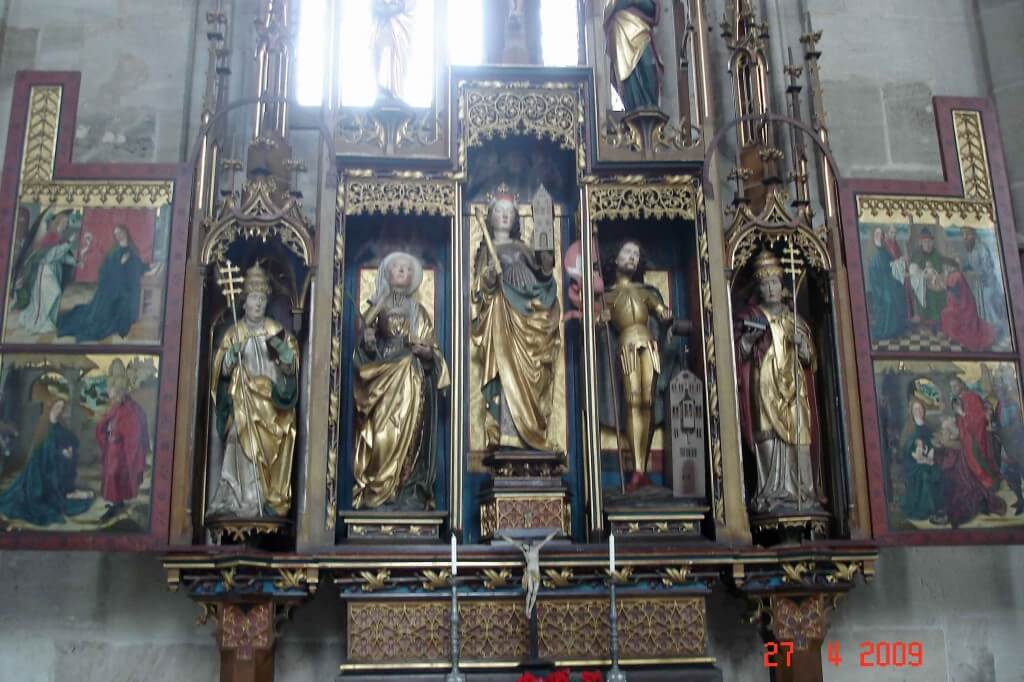
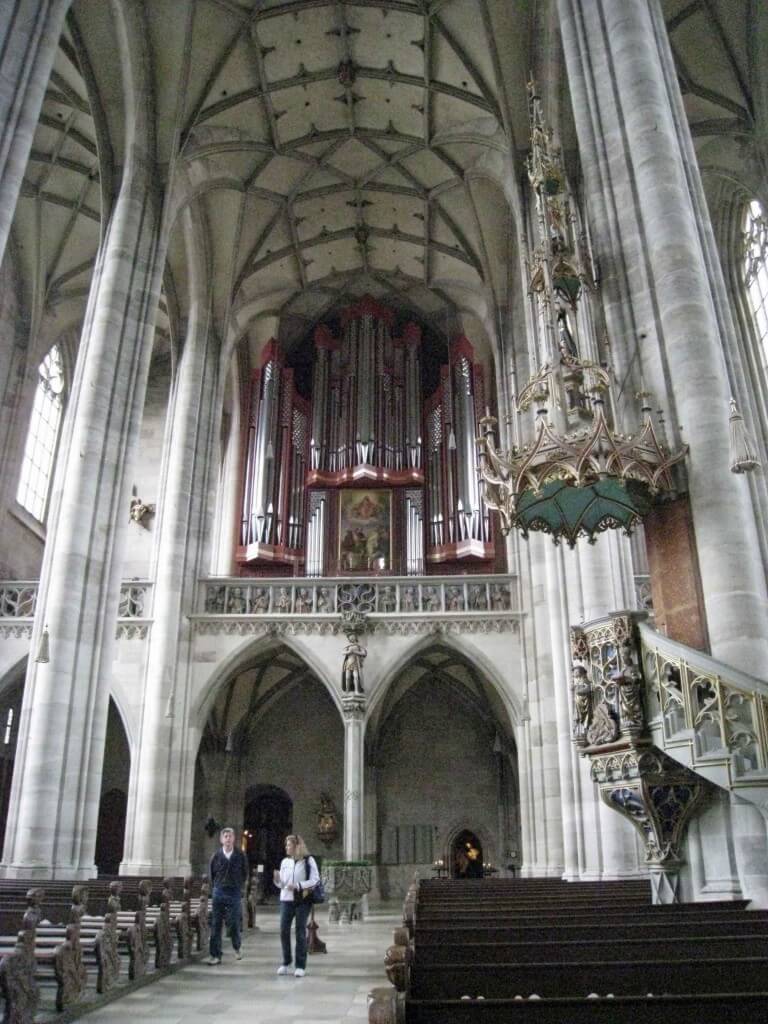
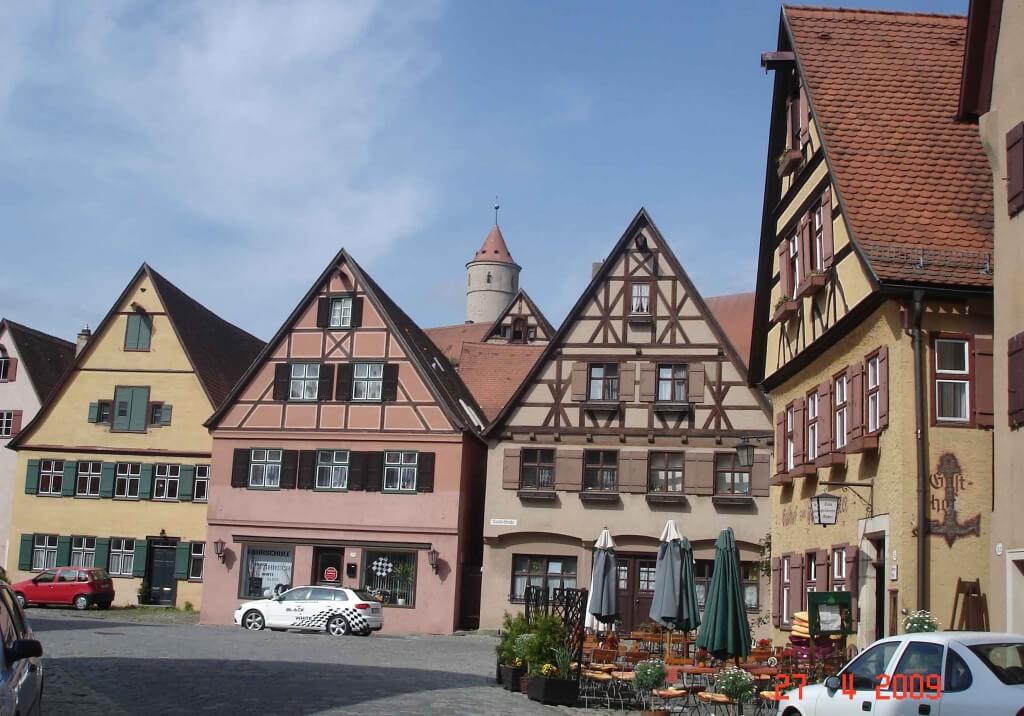
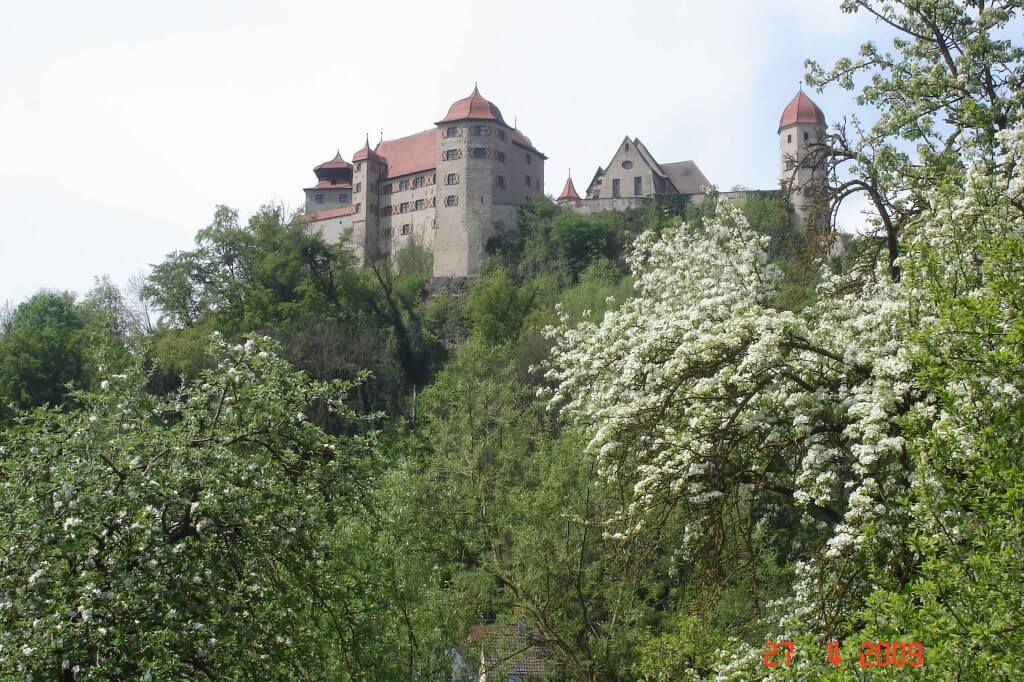
The architectural detailing in these buildings are really amazing. Especially love the Medieval Dinkelsbuhl. Those homes are adorable.
The medieval architecture is very different and attractive. Thanks for your comment.